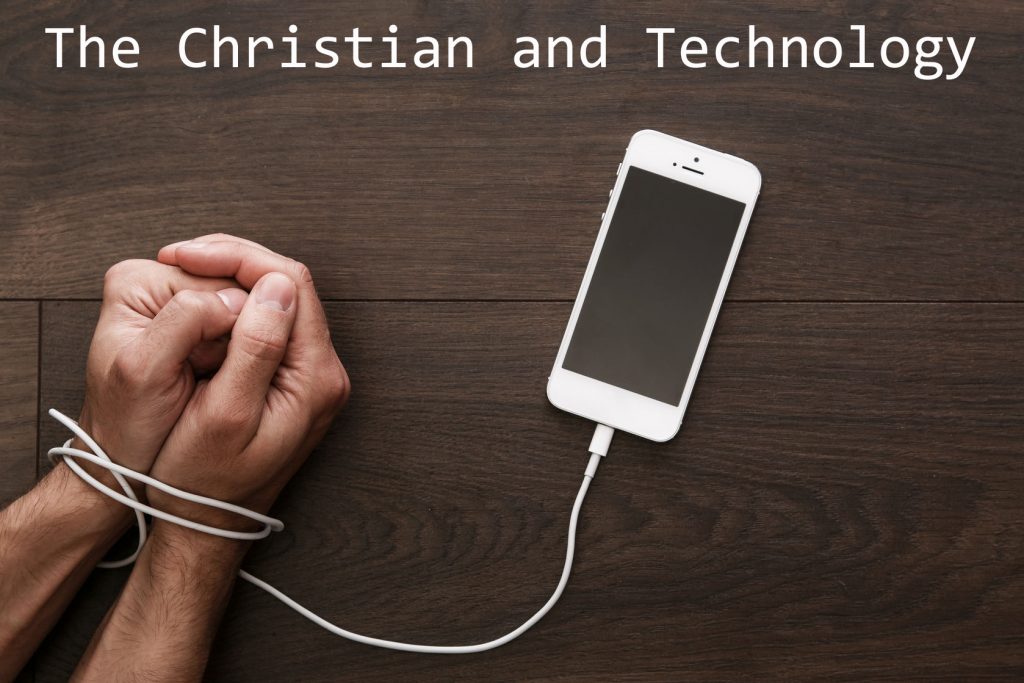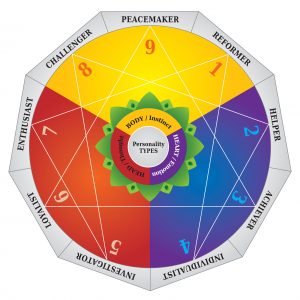The Christian and Technology (Reader View Available)

Philip Yancey recently wrote an excellent article (humorous too) entitled ‘The Death of Reading’. His premise is that the internet is changing how we read. In short, we don’t read well anymore – we are being trained to read (and then live) without depth.
Yancey writes: “The Internet and social media have trained my brain to read a paragraph or two, and then start looking around. When I read an online article from the Atlantic or the New Yorker, after a few paragraphs I glance over at the slide bar to judge the article’s length. My mind strays, and I find myself clicking on the sidebars and the underlined links. Soon I’m over at CNN.com reading Donald Trump’s latest tweets and details of the latest terrorist attack, or perhaps checking tomorrow’s weather.”
Notice, he says, ‘the internet trained my brain…’ This always happens. All new technologies change the way we interact with life. Sometimes the effects are good, say, texting a ‘selfie’ to a friend that you wish were with you. Sometimes the effects are not so good, say, taking so many ‘selfies’ that you aren’t actually present with the friend who is with you. All technologies (from the printing press to the smartphone) have unintended consequences. The question is: ‘Will we critically evaluate how we use technology? Are we using technology to deepen the human heart or cheapen it?
Yancey cites the neuroscience behind the particular distraction consequence of online reading: “Neuroscientists have an explanation for this phenomenon. When we learn something quick and new, we get a dopamine rush; functional-MRI brain scans show the brain’s pleasure centers lighting up. …emails also satisfy that pleasure center, as do Twitter and Instagram and Snapchat.”
We don’t even know we are being trained. We look at our screens and follow along the structure provided for us. It is crowded with flashing boxes, suggestive links and quick-reward sidebars. All just a click away. When the main content requires depth or reflection – we are offered a quick ‘escape’ to check email. Or a ‘banner’ alerts us that someone has posted a new photo of their lunch plate. Soon the ‘breaks’ become such the norm that we abandon even the pretense of depth and consume our media for the dopamine rush entirely.
The addictive power of this is astonishing. Like Pavlov’s dogs, we become conditioned to ‘a ping and a ding’. Even the glow of the screen lures us to a quick reward. Hours are spent like this. (Yancey cites a source: ‘10 hours a day for the average American’). Sure, it is a little here and little there – but that makes it worse, because we rarely experience extended periods of depth.
Yancey is arguing that we are learning to escape deep reading. But it goes further than this. By extension, we are learning to escape deep conversation, deep relationship, deep commitment and sadly – we even flee deep pleasure. Who hasn’t experienced a good conversation interrupted by a friend holding up their index finger saying, “Oh, I need to get this…”
The depth is rarely recovered. You have just learned that the other person isn’t fully there. Maybe they were never there in the first place. Perhaps worse than losing the other person, you learn a culturally acceptable way to lose yourself. “The purpose in a man’s heart is like deep water, but a man of understanding will draw it out.” – Proverbs 20:5. We learn that if it is too requiring to ‘draw out’ your beating heart; there is a ready escape vibrating right there in your pocket. With enough training, you forget the heart.
Friends, if we lose our heart, we lose our humanity. We lose our center, by which we experience the grace of God. What profit is it to gain the world-wide web and forfeit your soul? Guard your heart. Critically examine the way you live.
Here is a modest proposal to help us evaluate how you use the internet:
On the Safari browser, there is an option for reading web content differently. It is called ‘Reader View Available.” (Explorer has similar.) The option eliminates the content on the web page that doesn’t specifically have to do with the content of the article (ads and links). Try this out. Read content for the content. For starters, go to Yancey’s article (yes, I provided a link), opt for the ‘Reader View’ and read the article slowly. Or you could switch it on now for this post to see what it looks like.
Perhaps this modest habit (Yancey offers a few more) could re-train us to enjoy the depth of soul for which we are made. Who knows – maybe you’ll read a book, or re-engage in conversation or simply learn to deeply enjoy.
Remain human; guard your heart.
Link to Yancey’s original article: https://www.washingtonpost.com/news/acts-of-faith/wp/2017/07/21/the-death-of-reading-is-threatening-the-soul/?utm_term=.4f3546c8adaa
 Roger Edwards joined The Barnabas Center in 1991. He works with both with individuals and couples, helping people confess their need and embrace their available choices to lead healthier lives. Roger also teaches and leads discussion groups and retreats applying the Gospel to everyday life. He is a licensed professional counselor (LPC), holds a master’s degree in biblical counseling from Grace Theological Seminary in Indiana and earned a bachelor’s degree in engineering from the University of North Carolina at Charlotte. He is married to Jean and they have seven children and nine grandchildren.
Roger Edwards joined The Barnabas Center in 1991. He works with both with individuals and couples, helping people confess their need and embrace their available choices to lead healthier lives. Roger also teaches and leads discussion groups and retreats applying the Gospel to everyday life. He is a licensed professional counselor (LPC), holds a master’s degree in biblical counseling from Grace Theological Seminary in Indiana and earned a bachelor’s degree in engineering from the University of North Carolina at Charlotte. He is married to Jean and they have seven children and nine grandchildren.
Save
Save








